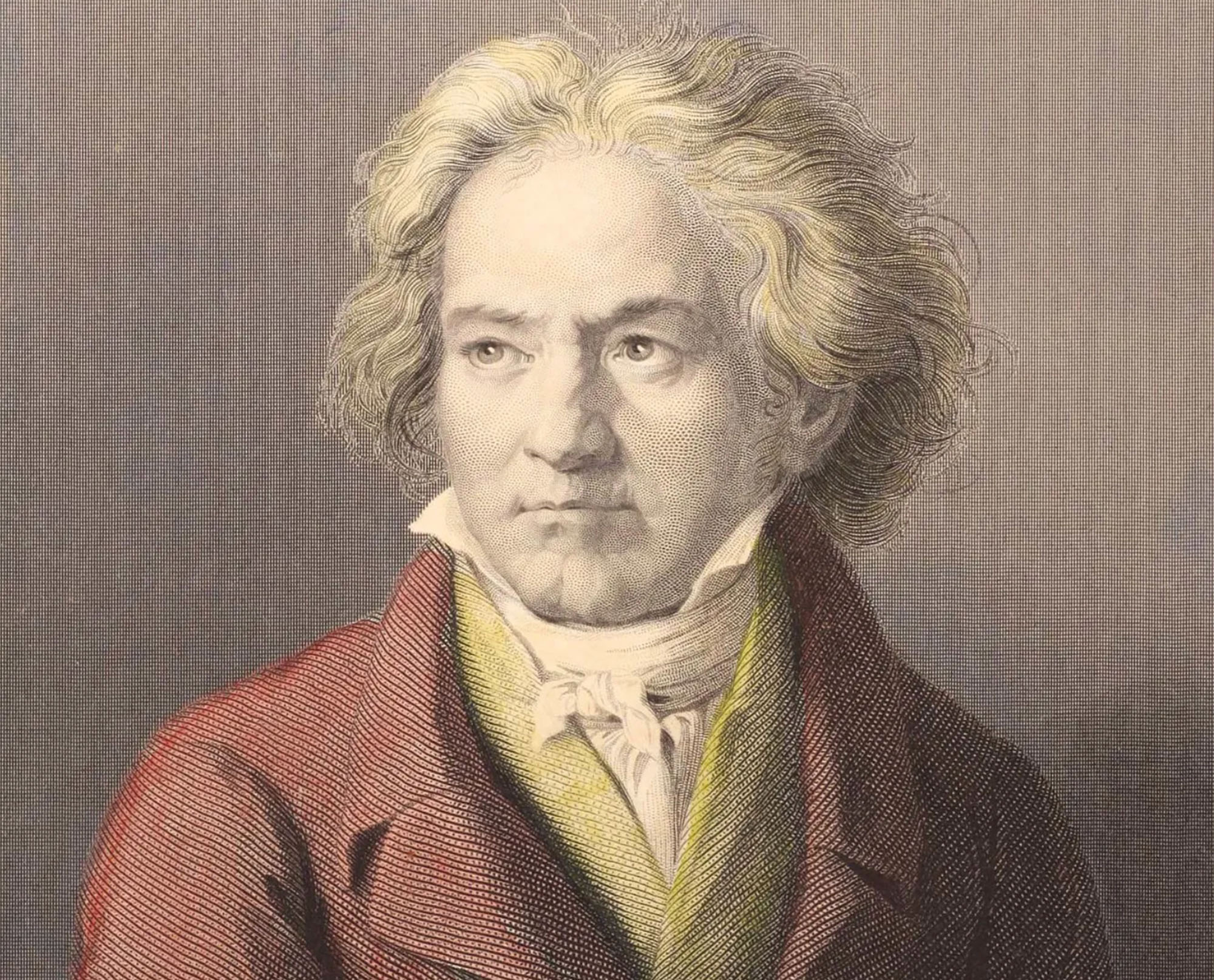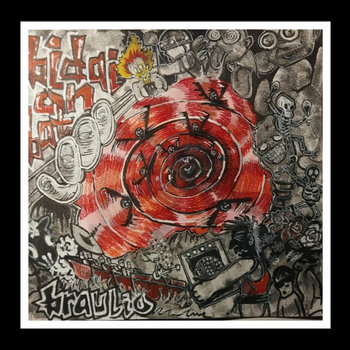Ninth and last

Born 7 May 1824. Ludwig Van Beethoven (1770-1827) 9. Premiere of the Symphony. It was the last symphony that the German composer wrote, but as for intention, you can say it was the first. Beethoven wrote Symphony No. 1 in 1799 and 1800, years before he was born in his head No. 9 in 1793.
The year before, the young Beethoven settled in Vienna in 1792, with Joseph Haydn as a teacher. In fact, he traveled to the city before, at only 16 years old, with the objective of being a student of Mozart. But her mother became ill and had to return to her hometown, Bonn. When he returned to Vienna, Mozart had already died.
Shortly after his second visit to Vienna, at the age of 23, he read the Ode of Joy by the German poet Friedrich Schiller (1759-1805). In the whirlwind of the Napoleonic wars, the poem message affected the young Beethoven: the passion for peace and equality between peoples. And he thought about putting music to those words.
Despite breaking the rules, he had tremendous success at the premiere. The composer was there, but he couldn't hear the applause, because he already had his ear completely lost.
Three decades later, the idea of the young woman would materialize, when she formed a revolutionary piece that we consider classic today. Until then the symphonies lasted approximately 30 minutes, but Beethoven extended the ninth to 70 minutes. In addition, symphonies were in themselves instrumental pieces, and Beethoven added four voices and a full choir to interpret the Ode of Joy.
And even though he broke the rules, he had tremendous success at the premiere. The composer was there, but he couldn't hear the applause, because he had already lost his hearing completely. It was his last public appearance and died three years later.
The work, the anthem of the European Union since 1986, is the most widely interpreted piece of work ever and, on the occasion of the bicentenary, this first post has been strengthened this year. In those 200 years, 9. We've internalized the sound of the symphony, but not the message that Schiller's words keep.
Bidea da helmuga
Kokein
Balaunka, 2024
--------------------------------------------------
Eibarko rock talde beterano hau familia oso desberdinetako lagunek osatu zuten aspaldi eta ia fisurarik gabe hamarkadatan eutsi dio. Izan ditu atsedenak, gorputzak hala eskatu... [+]
Elgarrekin izena du Duplak egin duen aurtengo abestiak eta Senpereko lakuan grabatu zuten bideoklipa. Dantzari, guraso zein umeen artean azaldu ziren Pantxoa eta Peio ere. Bideoklipa laugarrengo saiakeran egin zen.
Duela 150 urte, 1875eko martxoaren 7an jaio zen Maurice Ravel musikagile eta konpositorea, Ziburun. Mundu mailan ospetsu dira haren lanak, bereziki Boleroa. Sarri aipatzen da Parisen bizi izan zela, kontserbatorioan ikasi zuela aro berri bateko irakasleekin, munduko txoko... [+]
Zuloa
Merina gris
Sonido Muchacho, 2025
-------------------------------------------------------
Euskal Herrian ez da orain arte horrelako musika elektronikorik egin. Esango nuke Merina Grisek historian euskaraz egin den elektronika eta hyperpop diskorik landuena egin... [+]
Gazteagotan baino lotsa handiagoa dauka, baina horrek ez dio saltsa askotan ibiltzeko gogoa kentzen Leire Zabalza Santestebani (Iruñea, 1990). Beste gauza askoren artean, Motxila 21 musika taldeko kidea da. Nabarmendu du musika gauza asko aldarrikatzeko bide izan... [+]
Bidai on bat
Braulio
Autoekoizpena, 2024
-----------------------------------------------------
Nik ez nioke talde bati Braulio izena jarriko; eta seguruenik inork gutxik hasiko luke lan bat sei minutuko iraupena duen kanta batekin. Baina hauei parra die eta horri esker... [+]
Hiuzz + Bloñ + Adur
Noiz: otsailaren 15ean.
Non: Iruñeko Aitzina tabernan (Egun Motelak kolektiboa).
--------------------------------------------
Larunbat goiza Iruñean. Neguko eguzkitan lanera doazen gizon –eta ez gizon– bakarti batzuk... [+]
Things aren’t easy in fact, and it will be for one reason or another, but lately I’ve bitten my tongue more than I should for these two things: the culture of the sold out and the FOMO – the latter perhaps has to be explained, because it’s not said so many times: the... [+]
Ultra
La Furia
Baga Biga, 2024
---------------------------------------------------------
Cascanteko La Furia-k bosgarren diskoa plazara atera du. Mimoz eta erraietatik, berarentzat funtsezkoak diren osagai horiekin, prestatu du honako pozima, pozoitsua eta aldi berean... [+]
EMEADEDEI + MAHL KOBAT
WHEN: February 2nd.
IN WHICH: In the youth center of Zuia, Murguía.
----------------------------------------------------
On September 20 of last year, we first heard about collective music in the profile of the social network they had just created:... [+]

























